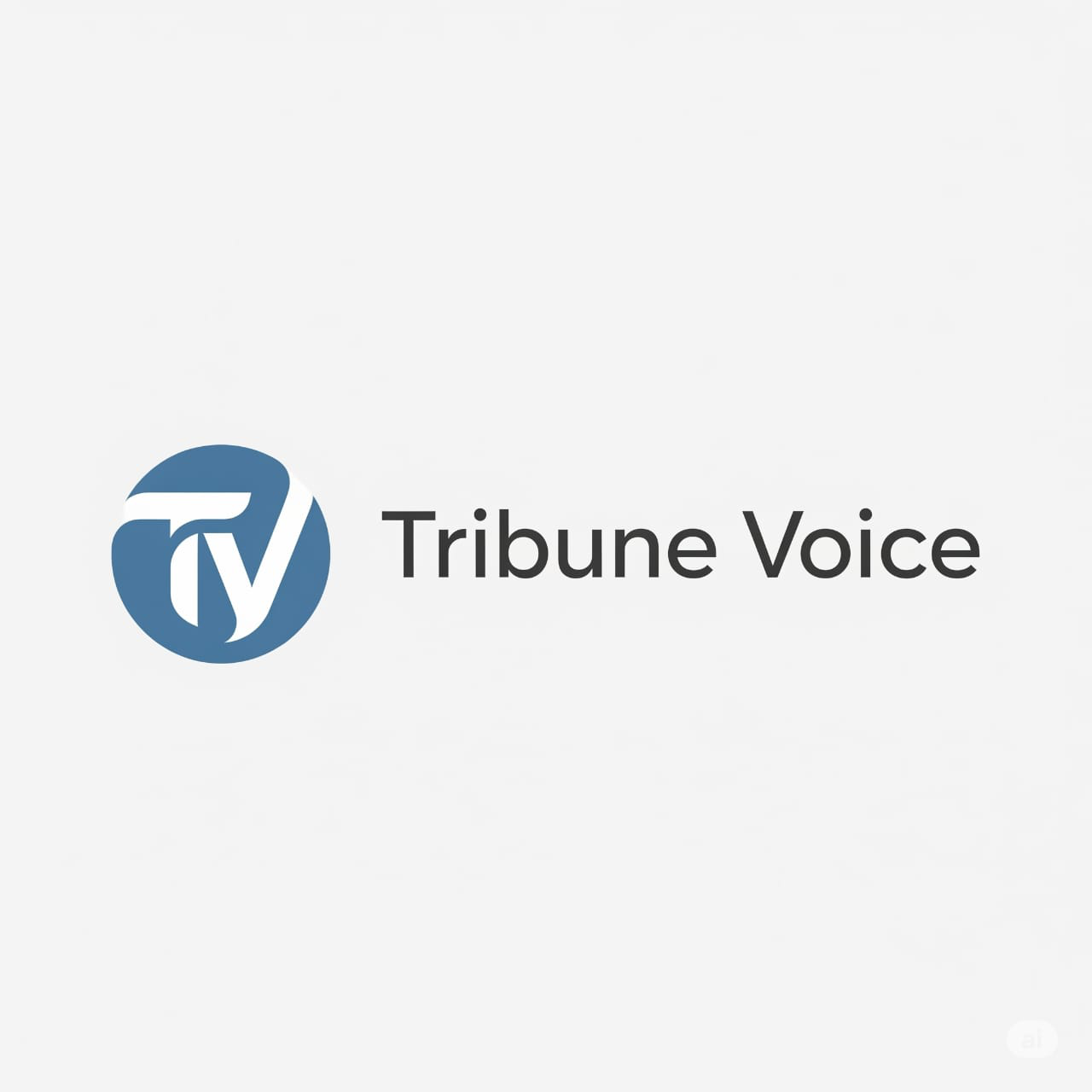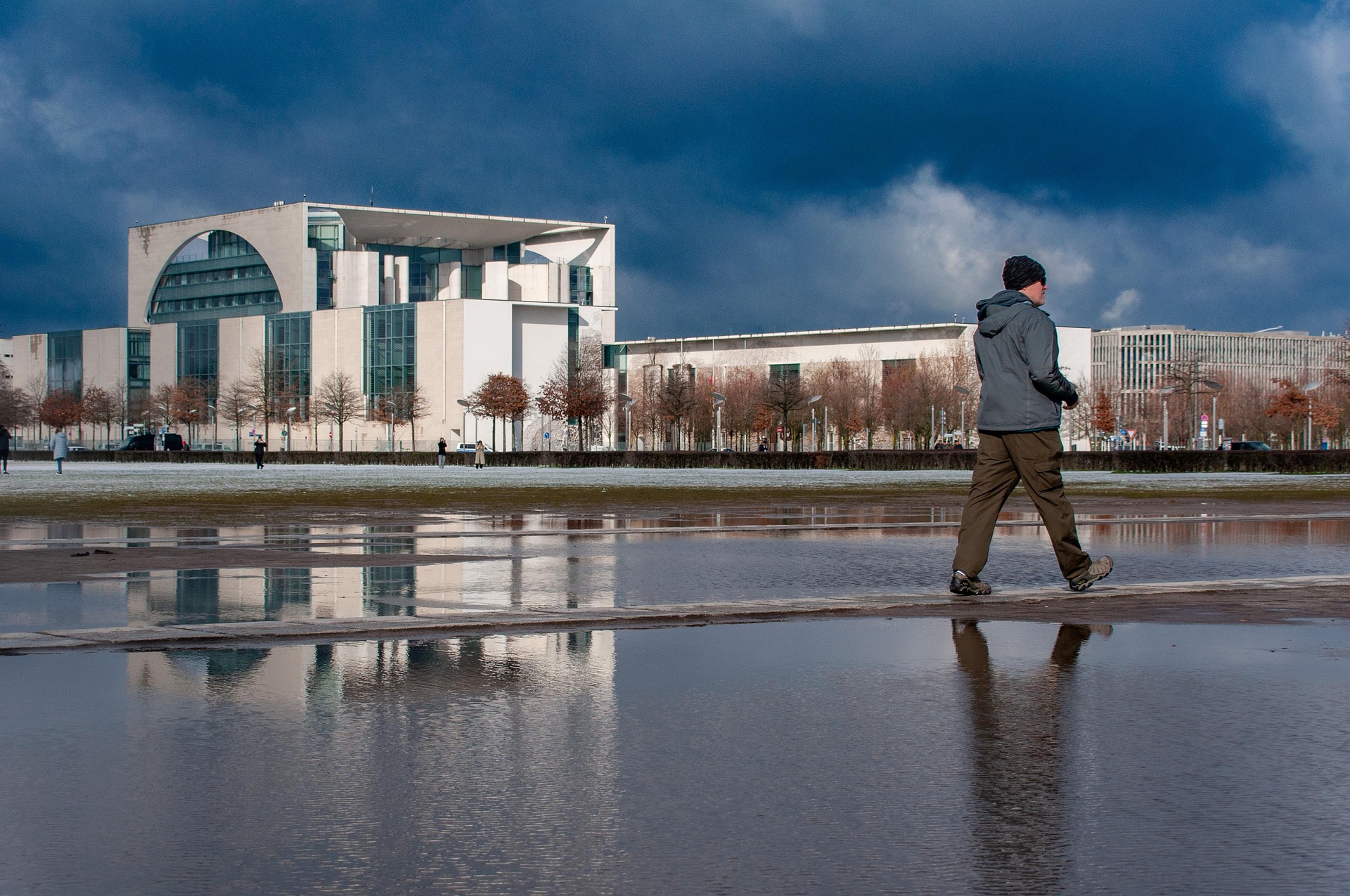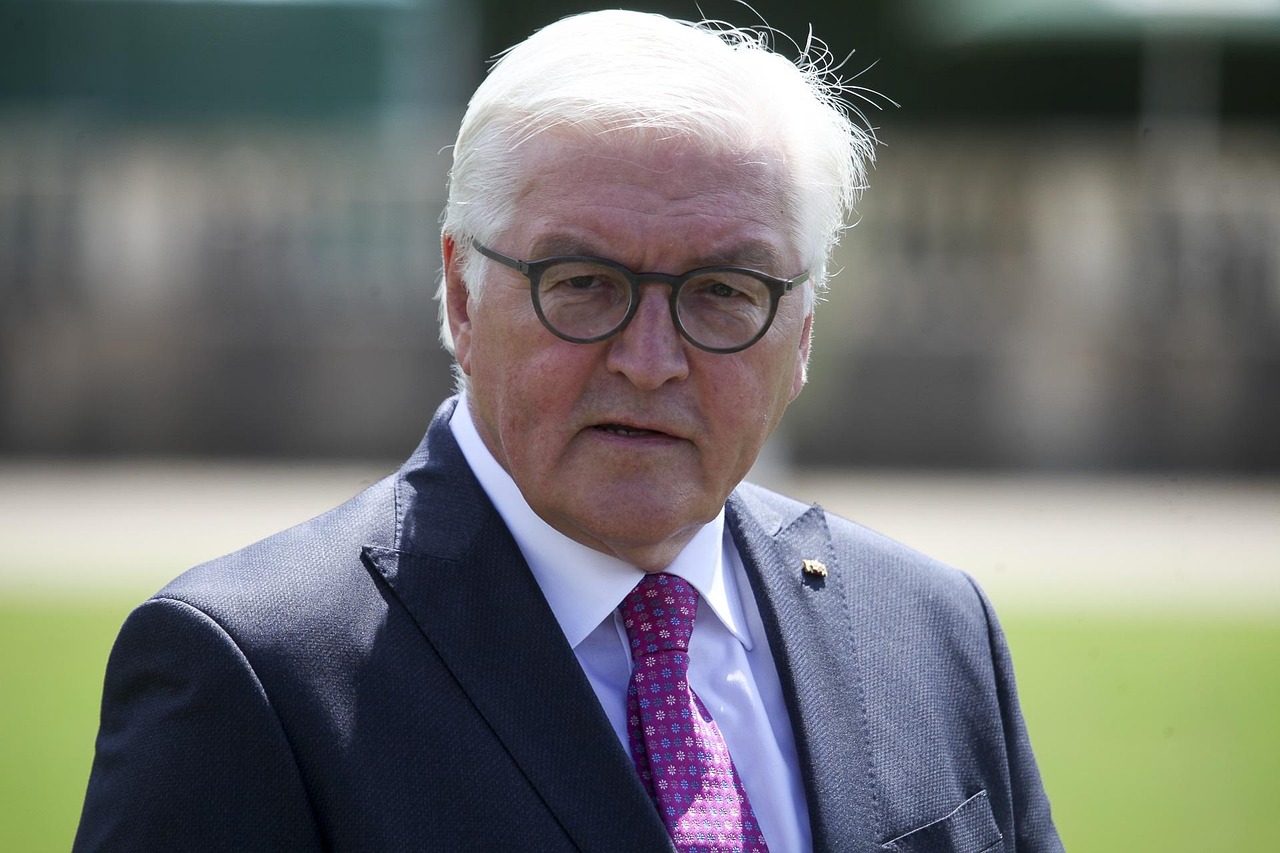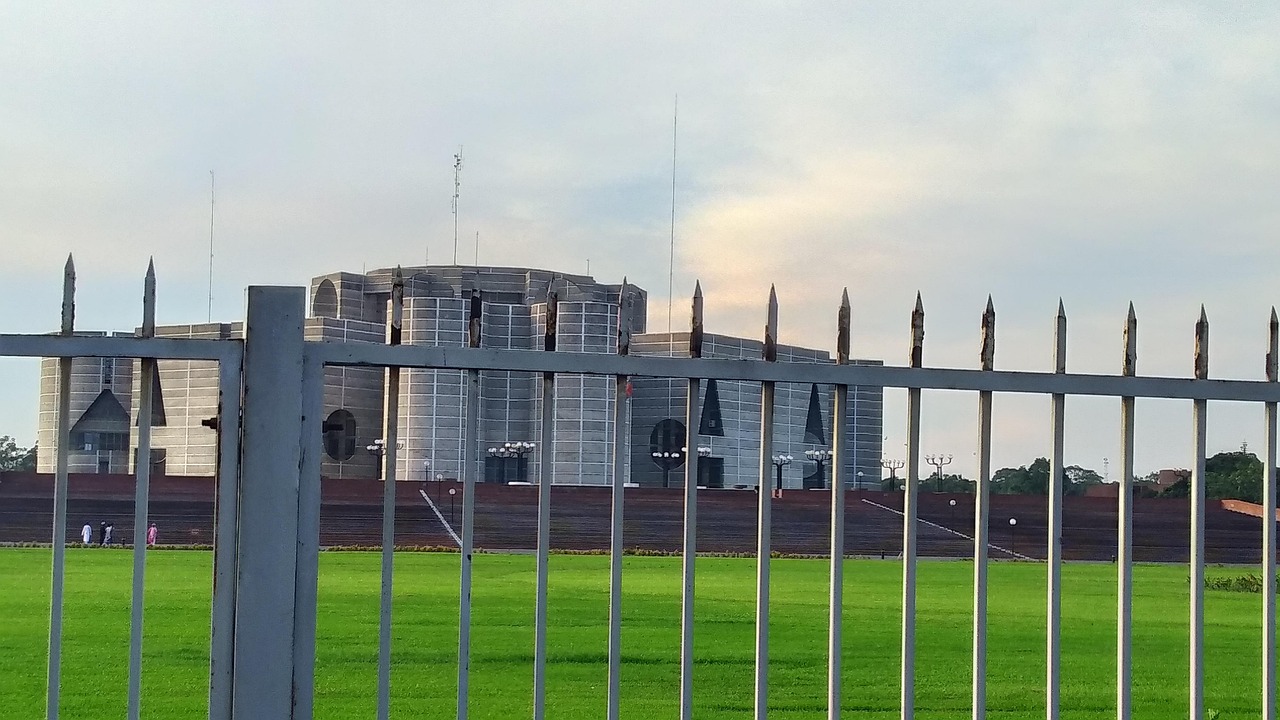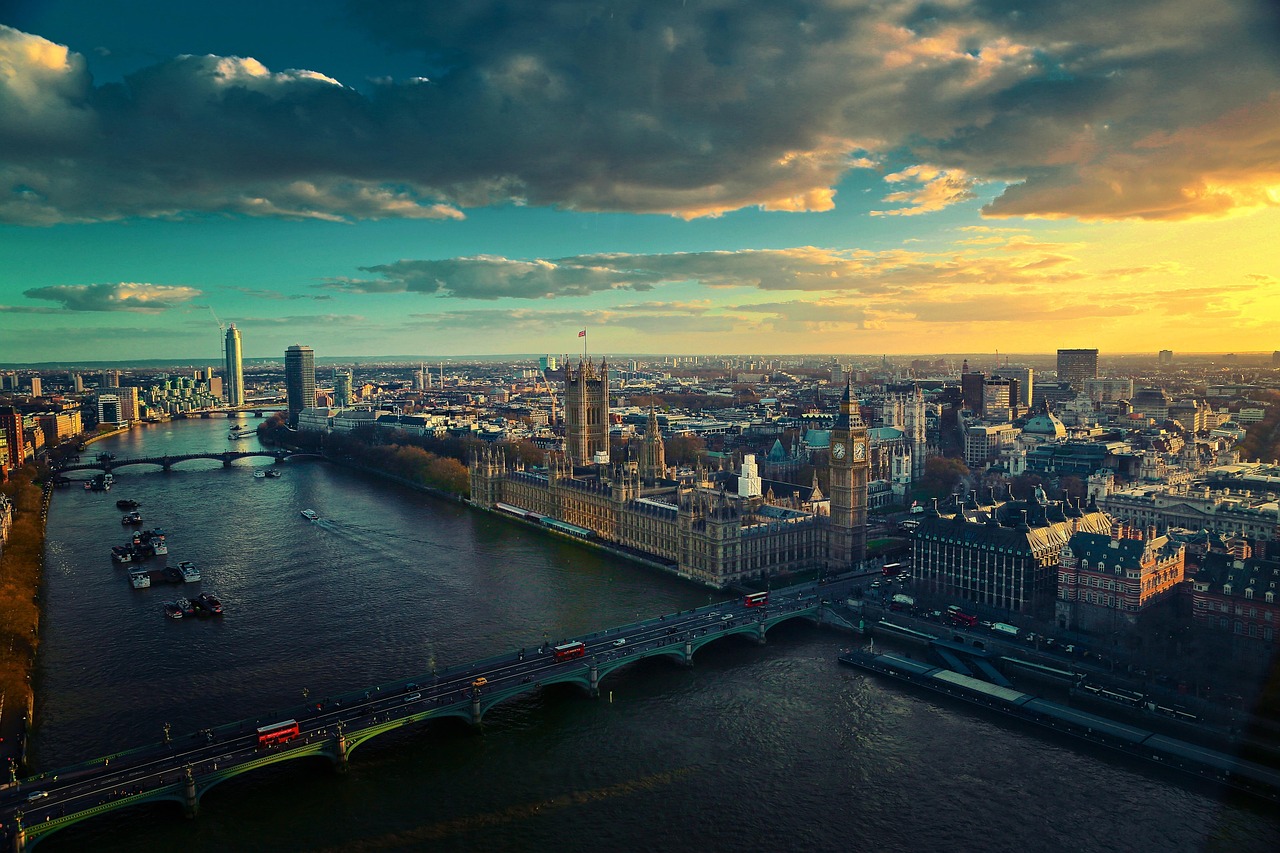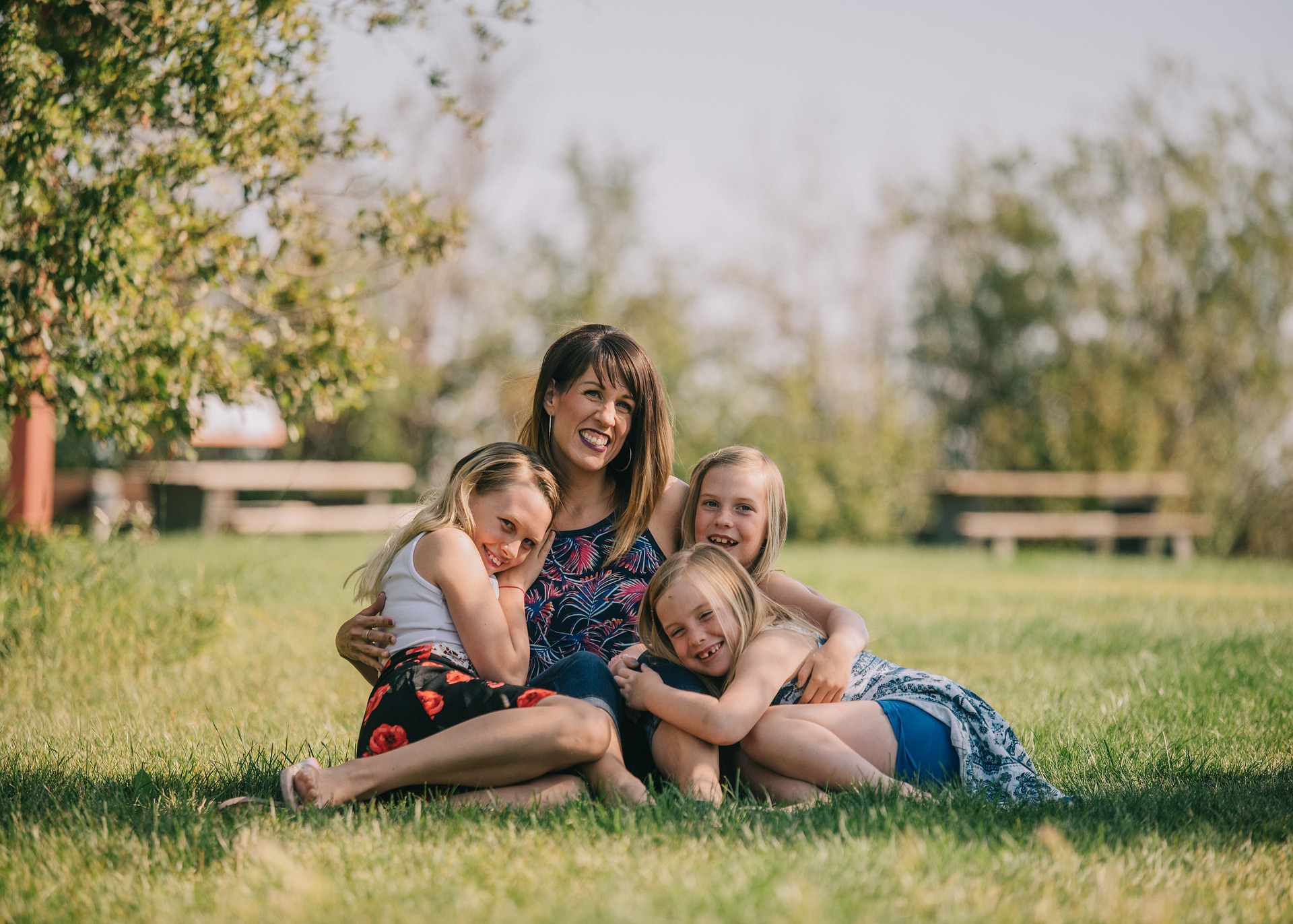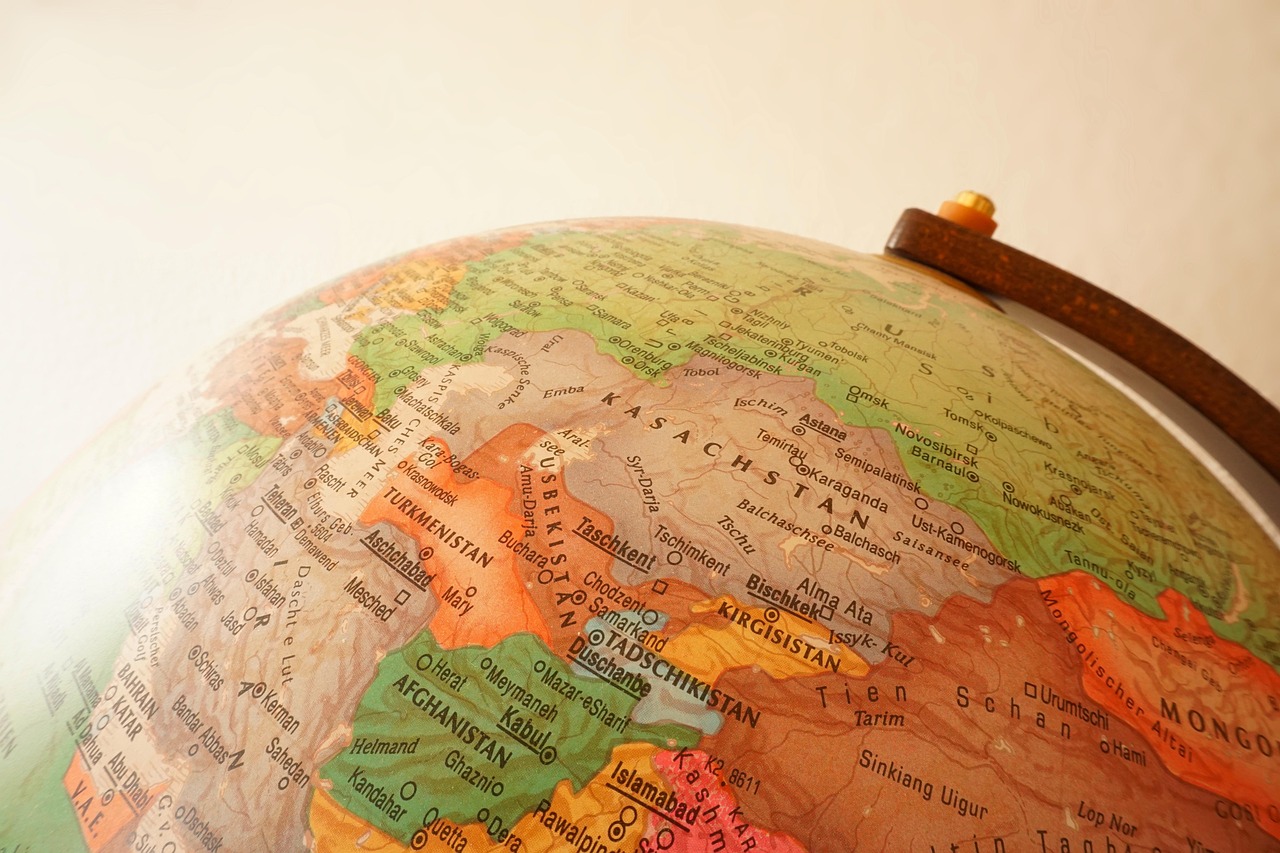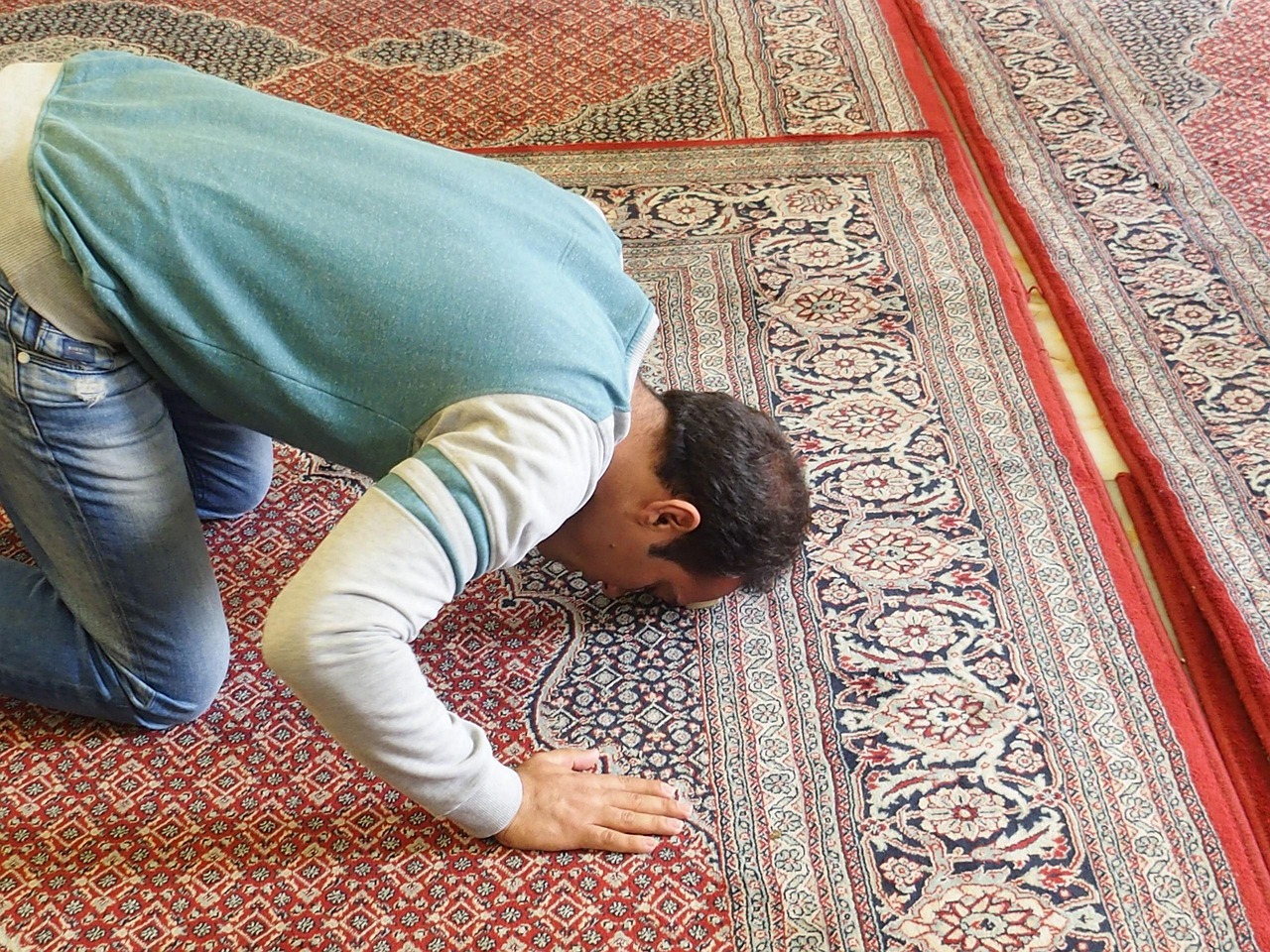Bangladesh is often portrayed abroad through a narrow lens: a Muslim-majority country with conservative social norms. That image misses an important and growing reality — a vibrantly diverse set of Muslim individuals, faith-based groups, and community leaders who are adopting progressive, inclusive approaches toward LGBTQ people and religious or ethnic minorities. These initiatives range from quiet acts of solidarity to organized social services, legal aid, and advocacy that draw on Islamic ethics as much as secular human rights language.
This article explores that emerging phenomenon: who these progressive Muslims are, what motivates them, the kinds of help they provide, the tensions they navigate, and why their work matters for the future of social cohesion in Bangladesh.
Beyond Stereotypes: A Broader View of Faith and Compassion
It is easy but misleading to think of religion and progressive values as opposites. In Bangladesh, many Muslims ground their support for marginalized people in core Islamic teachings — compassion (rahma), dignity (karamah), justice (‘adl), and care for the weak (masakin). For them, helping a vulnerable neighbor is not optional social work; it is religious practice.
A community organizer explains: “When I help a persecuted family, I am doing zakat with my hands. Charity in Islam is not only about money; it is about justice and safety.” Such language reframes solidarity as spiritual obligation, which can be extraordinarily powerful in contexts where secular human-rights rhetoric alone may not reach.
Who Are the Progressive Muslims?
Progressive Muslims in Bangladesh are not a single demographic. They include:
Young urban professionals and students who combine religious identity with global ideas of human dignity.
Religious scholars and imams who interpret Islamic texts through a human-rights lens and encourage tolerance.
Faith-based NGOs and charitable trusts that explicitly serve LGBTQ people, religious minorities, women survivors of violence, and ethnic communities.
Families and neighborhood networks who quietly shelter queer youth or displaced minorities.
Artists, writers, and social-media influencers who use Islamic language to advocate compassion and inclusion.
Many of these actors work quietly because high visibility can bring backlash. Some operate openly, building bridges with secular NGOs and international donors. The diversity of voices — religious and secular, rural and urban — is key to the resilience of inclusive movements.
Forms of Help: Practical, Legal, Emotional
Progressive Muslim individuals and groups help marginalized people in practical ways that meet immediate needs and build longer-term resilience.
1. Emergency shelters and safe houses
Transgender people, queer youth, and members of religious minorities who face familial violence sometimes find refuge in shelters run by faith-minded organizations or mosque networks. These safe spaces provide immediate physical safety, food, and short-term housing. Often, clerics or neighborhood committees arrange discreet stays and mediate family reunions where possible.
2. Medical and psychosocial support
Health clinics that are run or supported by Muslim charities provide sexual and reproductive health services, HIV testing and counseling, and mental-health referrals. Importantly, several faith-aware counselors have begun offering trauma-informed care that respects cultural and religious identities, reducing barriers to treatment for people fearful of stigma.
3. Legal aid and mediation
Progressive lawyers, often motivated by ethical commitments rooted in faith, provide pro bono legal support for people facing eviction, discrimination, or violence. They help draft protective orders, navigate police complaints, and pursue custody or inheritance issues for minority and queer families. Legal mediation — where religious leaders help negotiate family disputes — sometimes prevents escalation and fosters reconciliation without coercion.
4. Education and vocational training
Many faith-based organizations run vocational training, literacy programs, and small-business support for marginalized groups. For LGBTQ people, who frequently face workplace discrimination, vocational programs can provide routes to economic independence and dignity. Muslim-led learning centers also offer religious literacy courses that promote pluralism and critical engagement with scripture.
5. Advocacy and policy engagement
Some progressive Muslim scholars and activists engage in advocacy for anti-discrimination policies and the decriminalization of behaviors stigmatized by social norms (even when there is no criminal statute). They lobby for better enforcement of existing protections for minorities and call attention to hate crimes, using moral language that resonates with policy-makers and communities alike.
6. Cultural and interfaith work
Arts and cultural programs — theater, music, storytelling — provide safe spaces for marginalized voices. Interfaith initiatives bring together Muslims, Hindus, Christians, and indigenous groups to build mutual understanding and address shared problems like poverty, violence, and climate vulnerability.
Religious Arguments for Inclusion
Progressive Muslims often base their inclusive work on several interpretative approaches:
Emphasis on mercy (rahma): Many advocates point to Quranic and prophetic teachings that prioritize compassion and protection for the oppressed.
Contextual hermeneutics: Some scholars argue that particular scriptural rulings were context-specific and should not be applied rigidly in modern settings.
Priority of human dignity: A central principle is that every human being has God-given dignity; marginalization violates this divine mandate.
Ethics of care: Charity in Islam is broader than almsgiving; it includes social justice, rehabilitation, and ensuring community safety.
These frameworks allow religiously informed actors to reframe issues like LGBTQ inclusion not as a surrender of faith but as an extension of it.
Stories from the Field
Personal stories — kept anonymous where safety requires — show how compassion plays out on the ground.
A mosque committee in a southern district quietly arranged shelter for a young transgender woman whose family threatened her. The committee brokered a dialogue with relatives, arranged vocational training, and facilitated a reconciliation that prioritized the young woman’s safety and agency. The imam later explained, “We cannot abandon a human being to cruelty; faith demands action.”
A Muslim-run clinic offered free counseling and referral services for a same-sex couple facing rejection. The counselor, who reads Islamic ethics, told them: “Your pain is human; our duty is to relieve suffering.” The clinic has since become a discreet referral hub for marginalized youth.
In a university town, student chaplaincy groups — drawing on both academic and religious discourse — organized seminars on minority rights. They invited queer speakers and survivors of sectarian violence, and encouraged reflective, respectful dialogue among students.
Such episodes illustrate that help is not theoretical; it is practiced daily by people who refuse to reduce religion to a political slogan.
Allies and Networks: Collaboration Across Lines
One of the strengths of progressive Muslim engagement is its ability to form coalitions. Faith-based groups frequently partner with secular NGOs, human-rights lawyers, international aid agencies, mental-health professionals, and community organizers. These collaborations pool resources, protect vulnerable people more effectively, and create a credible public face for inclusion that transcends single-issue advocacy.
Coalition building also mitigates political risk: when a mosque partners with a respected civil-society organization to run a shelter or health clinic, opponents find it harder to delegitimize the work as purely “foreign” or “anti-religious.”
Challenges and Pushback
Progressive, inclusive efforts face significant headwinds:
Social stigma and cultural conservatism: Deeply held beliefs in certain communities produce hostility, ranging from social ostracism to violence. Changing hearts and minds is slow work.
Political vulnerability: When inclusion is framed by opponents as “Western” or “immoral,” groups can be targeted. Even charity work can be politicized.
Resource scarcity: Many faith-based organizations operate on shoestring budgets, depending on volunteer labor, local donations, and intermittent grant support.
Legal uncertainty: While grassroots help can save lives, the absence of comprehensive anti-discrimination protections leaves recipients and providers legally exposed.
Internal religious debates: Progressive readings of scripture are contested within religious communities, leading to intra-faith tension.
Despite these obstacles, progressive Muslims persist, often because their motivations are moral and spiritual rather than purely political.
The Role of Youth and Digital Spaces
Young Muslims are pivotal to the shift. They use social media to share faith-informed messages of solidarity, create online support groups, and produce creative content that normalizes diversity. Digital platforms provide anonymity and reach, enabling vulnerable people to access advice, counseling, and peer support without risking public exposure.
Peer networks on messaging apps coordinate referrals to safe houses, share vetted health providers, and crowdsource emergency funds. These digital ecosystems are life-saving in contexts where physical organizations may be few or visible.
Why This Matters for Bangladesh’s Future
Progressive Muslim-led support has multiple positive ripple effects:
Reduces harm: Immediate assistance reduces the risk of homelessness, self-harm, and exploitative situations.
Builds social cohesion: Joint initiatives with minority communities reduce polarizing narratives and foster mutual respect.
Sets moral precedent: When religious leaders publicly prioritize care for the marginalized, it redefines social norms and influences public opinion.
Informs policy: Demonstrable, community-rooted programs can be models for public policy and local government collaboration.
In short, inclusive faith-based activism contributes to a more resilient, humane society.
Recommendations: Strengthening Progressive Faith-Based Support
To expand and sustain this work, several practical steps can help:
1. Capacity building for faith-based organizations: Training in trauma-informed care, legal literacy, and victim support will improve service quality.
2. Secure funding channels: Local philanthropy, ethical zakat funds, and partnerships with responsible donors can reduce dependency on volatile grant cycles.
3. Safe digital infrastructure: Secure platforms and encrypted communication tools protect vulnerable people and organizers.
4. Interfaith and cross-sector coalitions: Broader alliances increase legitimacy and share risk.
5. Community education programs: Qur’anic study circles and mosque sermons that emphasize dignity and non-violence can shift local attitudes over time.
6. Policy dialogue: Engage local government officials in pilot programs to demonstrate public benefits and safety outcomes.
These measures support both immediate protection and long-term transformation.
Conclusion
The story of progressive Muslims in Bangladesh helping LGBTQ people and other minorities is one of quiet courage and moral imagination. It shows how faith can motivate inclusive action rather than exclusion — how religious language and practice can become vehicles for dignity, safety, and justice.
This movement is not a replacement for structural reform or legal protections; rather, it is a complementary and indispensable force that saves lives, heals communities, and points toward a future where belief and human rights are not in opposition but in dialogue. As more community leaders, young people, and families embrace this approach, Bangladesh’s social fabric will grow stronger — not by erasing difference, but by weaving it into a shared moral life rooted in compassion.
